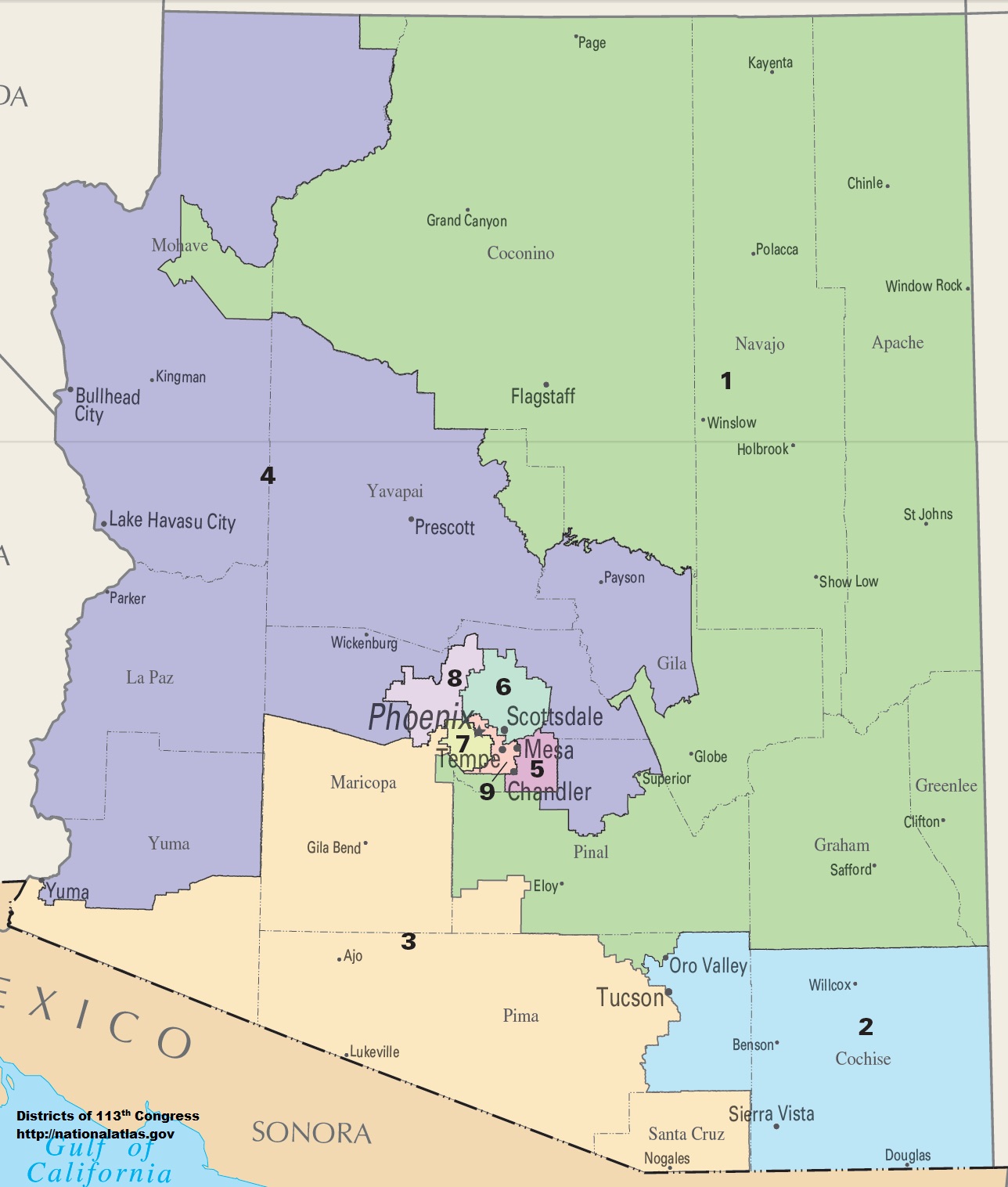Media Release
New Report Highlights Arizona as a Model for Redistricting Reform Nationwide

Cambridge, MA — Today, the Ash Center for Democratic Governance and Innovation, a research center at Harvard Kennedy School released “The Arizona Independent Redistricting Commission: One State’s Model for Gerrymandering Reform,” a new report detailing the lessons learned from Arizona’s innovative approach to legislative redistricting.
The report’s authors, Colleen Mathis, the current chair of the Arizona Independent Redistricting Commission (AIRC); Daniel Moskowitz, Assistant Professor at the University of Chicago’s Harris School of Public Policy; and Benjamin Schneer, Assistant Professor of Public Policy at the Harvard Kennedy School and Ash Center faculty affiliate, argue that independent redistricting commissions such as Arizona’s have been successful at fostering increased competition in individual legislative districts and promoting partisan fairness in the state as a whole.
“Arizona is a pioneer when it comes to independent redistricting. In 2000, the citizens voted to take this power away from self-interested legislators and implement a more fair, balanced and transparent approach to drawing electoral lines that helps level the playing field for voters,” said Mathis, who has chaired the state’s redistricting commission since 2011.
Compared to states that leave map making in the hands of legislators themselves, “Arizona has performed well in terms of the partisan fairness of its map,” added Moskowitz, whose research focuses extensively on redistricting and voting behavior. “In elections held since the last redistricting, the share of seats a party has won has tracked closely with the share of votes cast for that party.”
The report closely examined the impact the Commission had on the competitiveness of the state’s elections following redistricting in 2012 and found that eighty percent of state legislative districts in Arizona became more competitive using the AIRC’s maps. “More competitive districts,” noted Schneer, “help ensure voters have a choice at the ballot box between candidates from the two major parties.” And as the authors argue in their report, “when politicians face the risk of losing their seats, they may be both more responsive to the preferences of more of their constituents and more likely to pursue bipartisan solutions.”
About the Ash Center for Democratic Governance and Innovation
The Ash Center for Democratic Governance and Innovation advances excellence in governance and strengthens democratic institutions worldwide. Through its research, education, international programs, and government innovations awards, the Center fosters creative and effective government problem solving and serves as a catalyst for addressing many of the most pressing needs of the world’s citizens. For more information, visit www.ash.harvard.edu.
Contact Information
Daniel Harsha
Associate Director for Communications
Ash Center for Democratic Governance and Innovation
Harvard Kennedy School
617-495-4347
Sarah Grucza
Communications Specialist
Ash Center for Democratic Governance and Innovation
Harvard Kennedy School